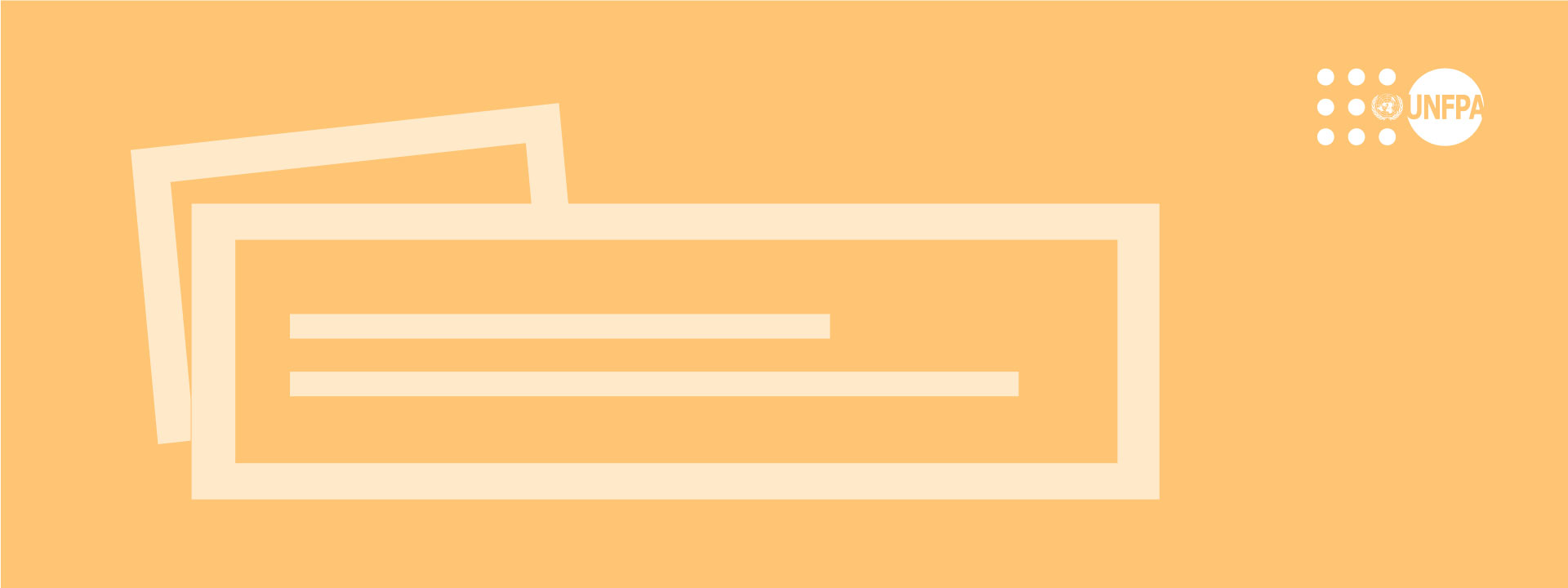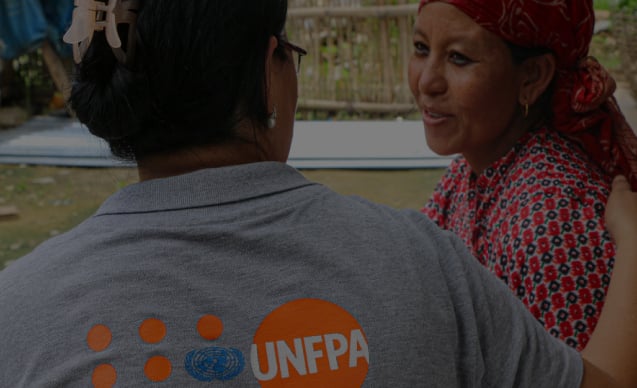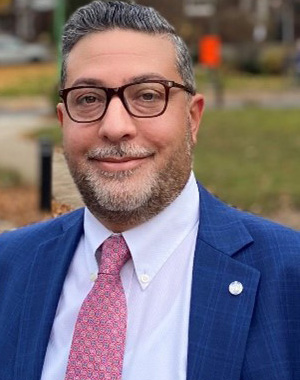About Libya
Libya is a sovereign state in North Africa, bordered by the Mediterranean Sea to the north, Egypt to the east, Sudan to the southeast, Chad and Niger to the south and Algeria and Tunisia to the west. With an area of almost 1.8 million square kilometers (700,000 sq mi), Libya is the fourth largest country in Africa, and is the 16th largest country in the world. Libya has the 10th-largest proven oil reserves of any country in the world. The largest city and capital, Tripoli, is located in western Libya and contains over one million of Libya's six million people.
Despite recent political developments, violence and turmoil continue to adversely affect the population and hinder social, economic and political development in Libya. Prior to the current conflict, Libya was ranked 55 out of 187 countries on the Human Development Index, yet in 2020 the ranking dropped to 105 out of 189 countries. The ongoing crisis has affected all aspects of life for the population of Libya.
According to the Humanitarian Needs Overview (HNO) 2022 - KEY FINDINGS, it is estimated that 804K people are identified to be in need of humanitarian assistance including migrants (28,8%), IDPs (16,4%) and returnees (14,3%). According to the findings, Libya continues to struggle to cope with the effects of ongoing conflict and insecurity, an economic and governance crisis and the impacts of COVID-19. This is the result of a deterioration or partial collapse of living standards and basic services, an increased reliance on the use of negative coping strategies and widespread grave violations of human rights and significant impact on physical and mental wellbeing.
Libya’s health system, close to collapse prior to the onset of the COVID-19 pandemic, has been further weakened by the exponential spreading of the virus. Challenges in accessing health services are higher in the southern region, compared to other parts of the country, and among migrants and refugees more than Libyan population groups. Women and girls are more likely to face challenges in accessing health services due to the lack of documentation required by many public health facilities.
The health system suffers from severe shortages of health staff, supplies and equipment, compounded by years of under-investment and lack of maintenance. According to recent assessments, only 40 percent of communities have access to child health and emergency services, only 35 per cent to general clinical services, and only 15-20 per cent to reproductive health care and noncommunicable and communicable disease services. Services for people with disabilities or those seeking mental health support face significant challenges in accessing these services given their limited availability in the country. This is particularly concerning given the increased risk of stress and anxiety stemming from the pandemic and ongoing insecurity.
Underreporting of sexual and gender-based violence, in an overall context of volatility, is associated with several factors such as the fear of reprisals, widespread stigma, entrenched gender-based discrimination, including in national legislation and cultural practice, and lack of legal protection for survivors. The underreporting on sexual and gender-based violence, including conflict related sexual violence, is also linked to restricted monitoring and reporting due to instability, presence of protection partners and severely limited access to detention facilities. In the current climate, there are notable threats to safety and security throughout the country. Nor has Libya enacted any legislation for the prevention of, punishment for and protection from domestic and gender-based violence. According to the protection cluster response plan for 2018, 307,000 women of reproductive age are in need of protection, including internally displaced persons, returnees and host communities.
Young people in Libya make up a quarter of the population. In a youth survey of 2016, young Libyans described safety and security as the main challenges they face, followed by lack of employment opportunities, life skills and education. Despite the proliferation of armed groups and youth enrolment in them, the majority of Libyan youth are ready and willing to participate in social development, economic productivity and peacebuilding initiatives.




